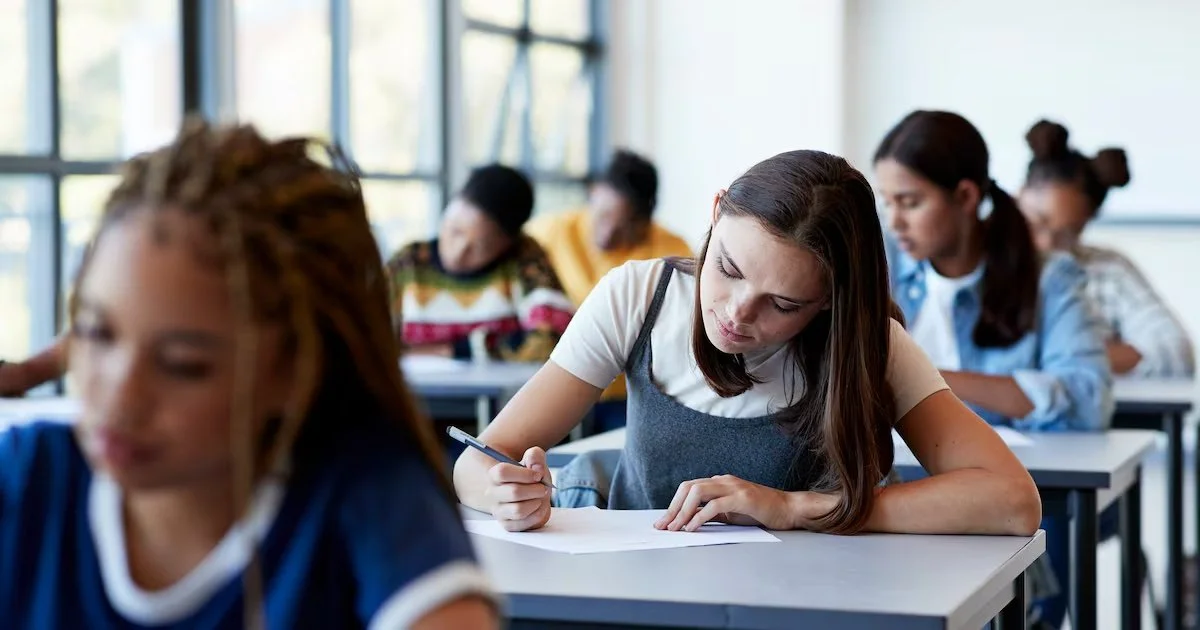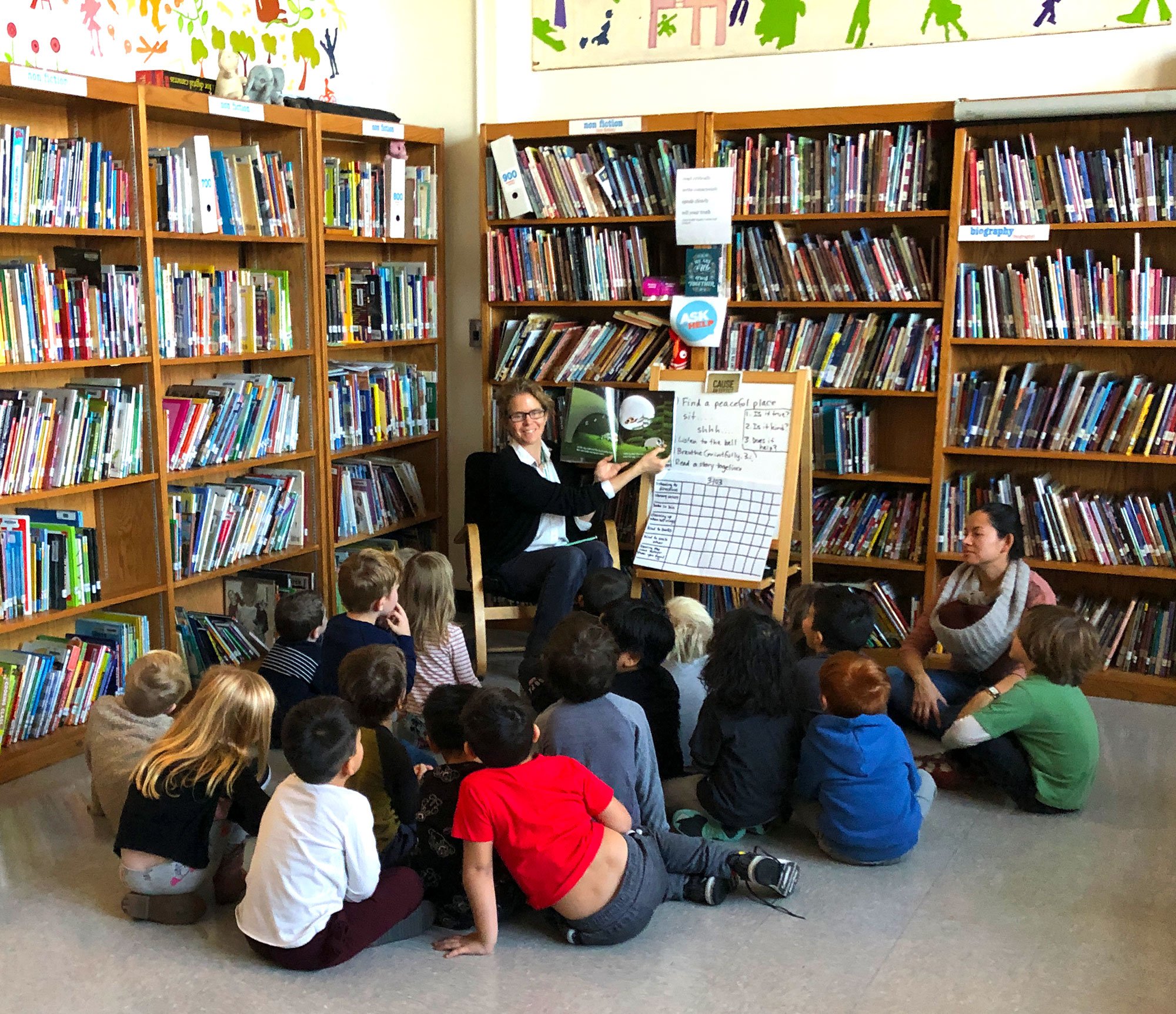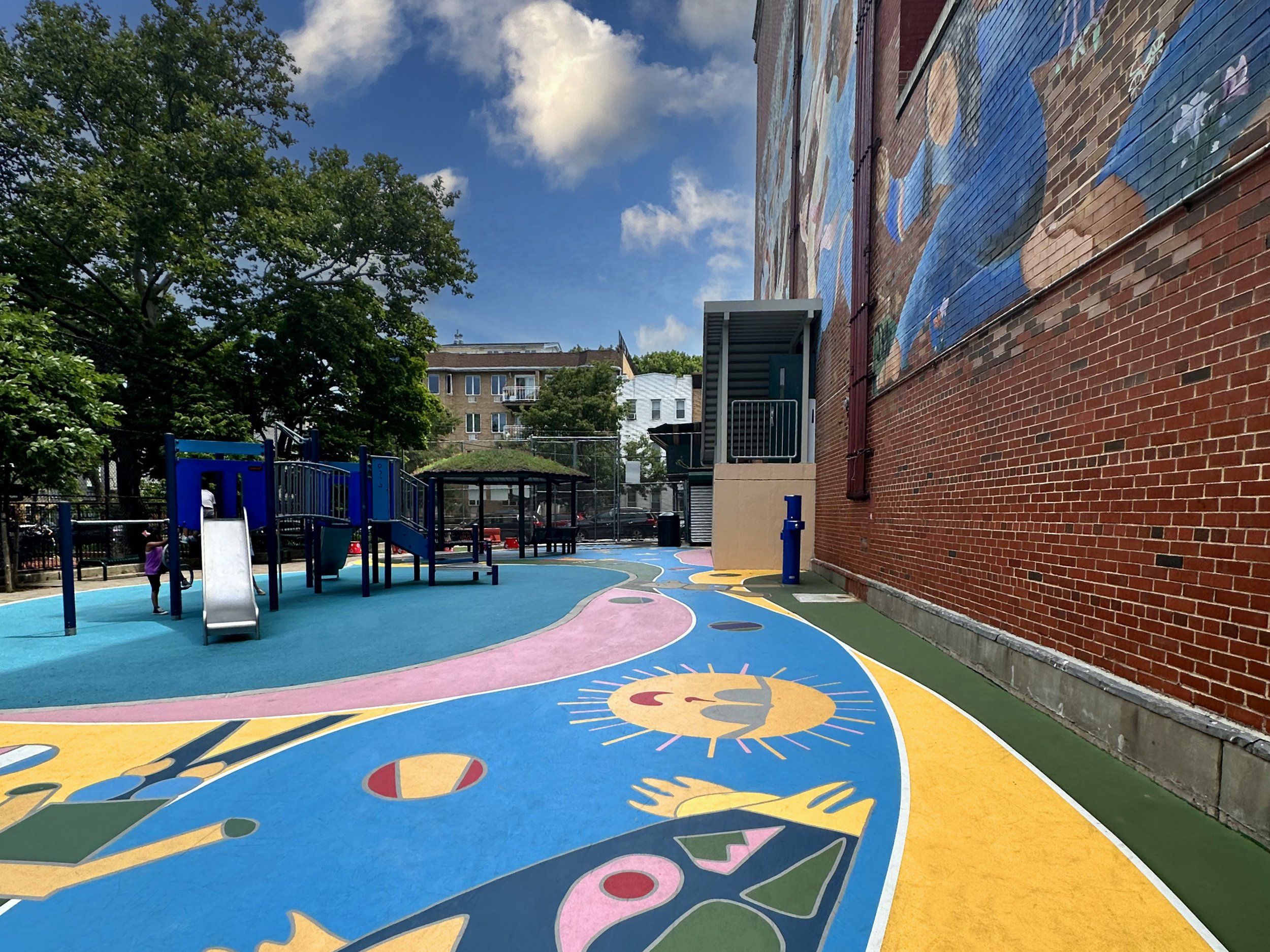
State Exams
New York State Assessments
The New York State English Language Arts (ELA) and Mathematics exams will be administered annually to students in grades 3, 4, and 5. Additionally, fifth grade students will take the New York State Science exam each spring.
The ELA and Math exams consist of both multiple-choice and constructed-response questions. The Science exam includes multiple-choice and short-response questions, requires students to compare information across texts, and assess their understanding of nonfiction text features.
These tests are required by the Every Student Succeeds Act (ESSA) and are just one of several measures used to assess student progress. In addition to the primary test administration days, there will be a make-up period for absent students.
Students who have been identified as English Language Learners will also be taking the NYSESLAT exam which will be administered at a separate time.
We strongly encourage all students to take these tests because both you and your child benefit from the information we learn through test results. State tests provide additional information on what your child is learning and help teachers and schools adjust support where needed.
If you are interested in opting your child out of State tests, please consider consulting with your child’s principal. If, after consulting with the principal, you still want to opt your child out of the exams, the principal will respect your decision. The parent and the principal should maintain a written record of this conversation.
-
Please make sure your child is well rested, has a healthy breakfast and arrives at school on time for the dates of the exams.
If your child arrives late, he/she will need to take the test during the make-up period.
If your child is not feeling well on the days of the exams, please keep them at home. They will be able to take the tests during the make-up period.
It is also recommended that students not wear smartwatches or bring cellphones to school on the days of the tests.
If students need to have these or other electronic devices with them on testing days, please be advised that these devices will be collected prior to testing and returned at the end of the day.
-
Make sure your child reads daily and take time to discuss their books with these recommended questions:
Fiction
Who are the characters in the book?
What is happening in the book?
What happened in the part you just read?
Where does the story take place?
What is the setting?
How are the characters feeling?
Non-Fiction
What is the main idea of the section you read?
What evidence is there to support your idea?
What have you learned about the topic?
What is the author’s point of view on the topic?
Check over writing activities and optional homework that your child brings home. Remind them to write in complete sentences with proper punctuation and encourage them to use their best spelling. Let your child know you believe they can be a successful reader and writer!
-
Ask your child what area of math they are currently working on (i.e. multiplication; division; fractions; geometry; measurement; etc) and how it’s going.
Encourage your child to solve real life math problems with you.
Let them know the relevance of mathematics in the world outside of school.
Check over the math homework your child brings home.
Ask them to explain their work and strategies for problem solving to you.
Let the teacher know if your child is struggling with any of the concepts on the homework.
Let your child know you believe they can be successful in mathematics!
-
Ask your child what science topic they are currently studying (e.g., weather, ecosystems, forces and motion, properties of matter, simple machines) and what they’re learning.
Encourage your child to observe the world around them and ask questions about how things work.
Show them how science connects to everyday life—cooking, nature, technology, health, and more.
Support your child in reading and interpreting graphs, charts, and tables, as well as identifying cause and effect in nonfiction texts. These skills are key components of science understanding and the state exam.
Review any science assignments or study materials your child brings home.
Ask them to explain science concepts in their own words or demonstrate their thinking through models, drawings, or simple experiments.
Let the teacher know if your child seems confused about any science topics, vocabulary, or skills.
Let your child know you believe they can be successful in science—and that curiosity, effort, and exploration are essential to learning.





